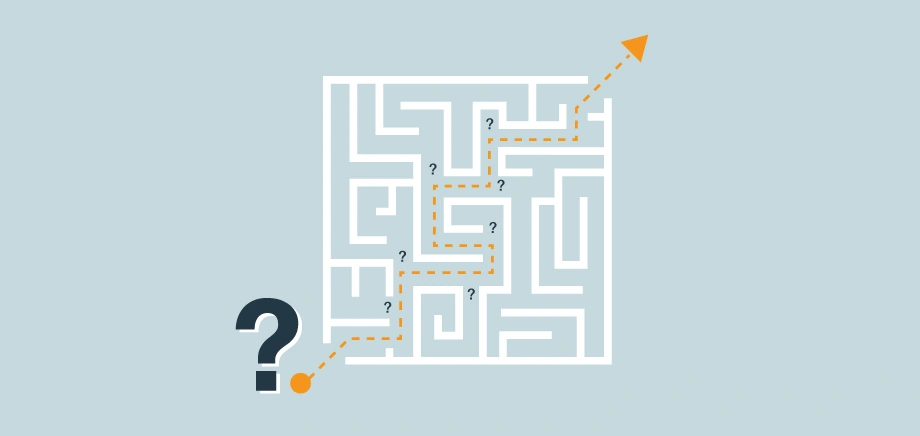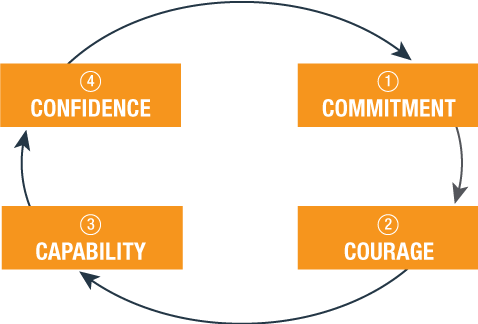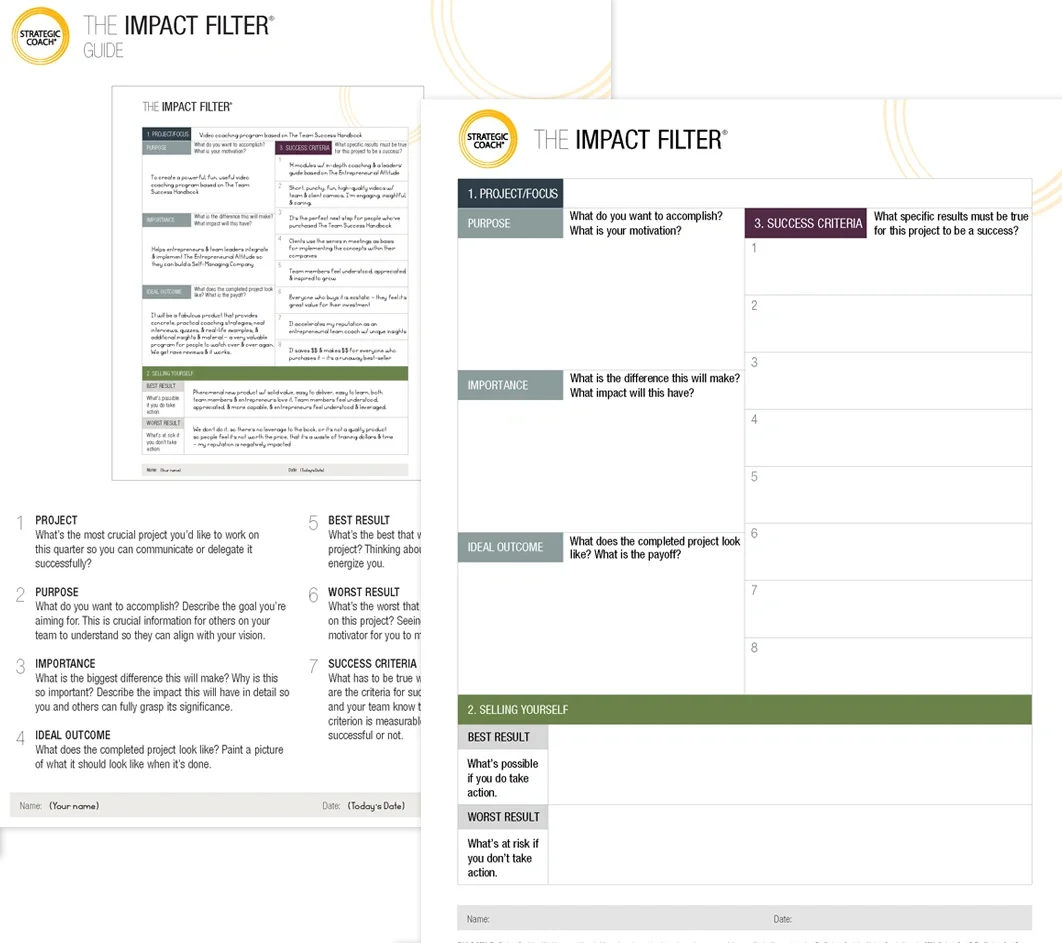How To Make Smart Decisions In Uncertain Times
When I started as a copywriter at a large ad agency in Toronto, I had a creative director who changed how I approach every challenge I’ve faced since.
He was a tough street kid who didn’t go to college until his 30s. He worked his way up from nothing, then went back to school at night and on weekends to earn his bachelor’s, master’s, and PhD. He was smart as hell, but practical in a way that only comes from real experience.
When people would come to him stressed about making the “right decision,” he’d look at them and say something I’ve never forgotten:
“Nobody makes right decisions. You make a decision and then you make it right.”
That wisdom has guided me for decades. Below, I’ll share what I’ve learned about decision making in the hopes that it’ll help you along your entrepreneurial journey too.
Inaction feeds fear.
Inaction accomplishes nothing. It feeds anxiety, fear, and doubt—and it gives entrepreneurs needless nightmares.
Think about a college student who puts off an assignment. Every hour that passes without progress only amplifies the stress. The fear of failure overshadows any ambition they might have had if they’d just gotten started.
When you don’t decide, nothing changes—except your stress level.
You’re stuck. You feel isolated, disconnected from your own capabilities. It’s as if you’ve cut yourself off from your own wisdom.
The truth is, humans need feedback. But when we’re not in motion, we don’t get any. Instead, we start imagining worst-case scenarios. We invent problems in our heads because we’re not testing our ideas in the real world.
This isn’t just my experience. It’s what I hear from entrepreneurs every day.
Action creates clarity.
I often say, “Good things only happen when you’re in motion.” That’s because momentum creates insight. Action creates feedback. Movement builds confidence.
The idea that you must wait until you have all the information is a myth. You’ll never have all the information.
If you want to create your future, the only path forward is to act.
This is where The 4 C’s Formula comes in: Commitment, Courage, Capability, and Confidence.
The order matters. Many entrepreneurs think confidence comes first. But that’s not how it works. You have to start with commitment—a decision to act. That commitment unlocks courage, which leads to new capability, and only then do you build confidence.
You don’t wait to feel ready. You act, and readiness follows.
The power of deciding.
There’s a reason I use the word decide rather than choose. The Latin root of “decide,” decidere, means to cut off.
When you decide, you cut off the alternatives. You focus. You commit.
Indecision is the enemy of progress. When you hesitate, your mind fills with noise and doubt. But the moment you decide, your mind clears. You’re free to act, to create, to solve problems.
One of my colleagues, Chad Willardson, teaches his kids a simple phrase: “Be a decider.” It’s a powerful mindset.
Decisive people make mistakes. They get it wrong sometimes. But they’re in motion. They’re learning. They’re growing. And that’s where real transformation happens.
The takeaway.
A bad decision is better than no decision.
Indecision keeps you stuck. Action brings new information, fresh feedback, and unexpected opportunities.
When you’re in motion, you’re creative. You’re productive. You’re alive.
So, the next time you find yourself hesitating, ask yourself:
What’s the cost of not deciding? What’s the cost of standing still?
Then decide—any decision—and see where it takes you.
You might be surprised at how quickly things start to change.








